Discipleship (noun)
dis·ci·ple | di-ˈsī-pəl-ˈship
1 a: The pattern of following Jesus and trusting him and learning from Him.
b: The activity of helping others learn and grow as disciples of Jesus.
Dilemma (noun)
di·lem·ma | də-ˈle-mə
1 a: a usually undesirable or unpleasant choice
b: a situation involving such a choice
broadly : Predicament
The Discipleship Dilemma
dis·ci·ple | di-ˈsī-pəl-ˈship di·lem·ma | də-ˈle-mə
A predicament that gets in the way of following Jesus and trusting Him, learning from Him, and helping others follow Jesus.
Part of what it means to be a pastor (shepherd) is to guide and protect the sheep in their care from dangers. The dangers themselves sometimes change over time but the pastoral principle does not. And what the internet and social media are not only doing to our mental health but to our very personhood and discipleship to Jesus in the 21st century west cannot be understated. It's code red.
What the internet and social media are not only doing to our mental health but to our very personhood and discipleship to Jesus cannot be understated. It's code red.
Anxiety and depression, especially among teens, has skyrocketed and its directly correlated with the dawn of social media. Social media will "connect you" to friends and family, some long lost friends, some people that aren't really your friends, and others you wouldn't talk to otherwise, in exchange for anxiety, depression, and screen addiction. That's a disastrous trade-off. But we can't stop because...we're addicted.
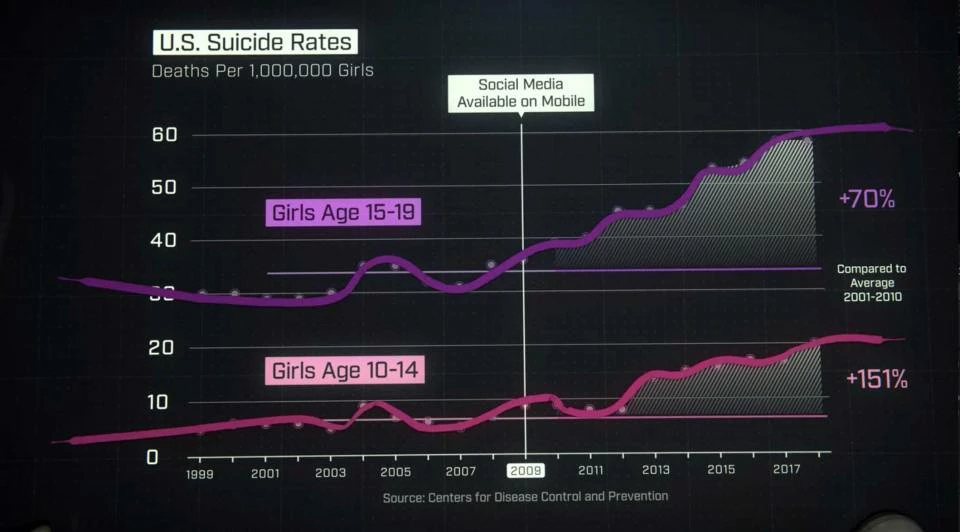
I began my Following Jesus In The Digital Age seminar last year with this question: How do we navigate our technological moment as followers of Jesus who prioritize shaping our lives according to the will and ways of Jesus? How do we reclaim real life in a world of devices? What does it look like to follow Jesus in the digital age?
Every Jesus-follower needs to think about these questions, answer them honestly, and plan accordingly. My intent is to identify some precarious dangers and invite you to pivot toward a healthier, more Christ-exalting, disciple-making pattern of life. I'd like to help you do that in the remainder of this article.
But, like the gospel, I need to share the bad news before I can share the hope found in the good news:
Parents report that their children spend (on average) 5 hours on screens on a typical weekday. 82% of teens sleep with their phone next to them. Multiple studies have suggested that children 0-2 should have no screen time and that teens and adults should limit themselves to 2 hours of screen time per day. One recent study revealed Canadians are on screens 11 hours per day. 45% of Canadians are on multiple screens at the same time for hours. The average iPhone user unlocks their phone 80 times a day (once every 12 minutes for 16 hours a day, every day).
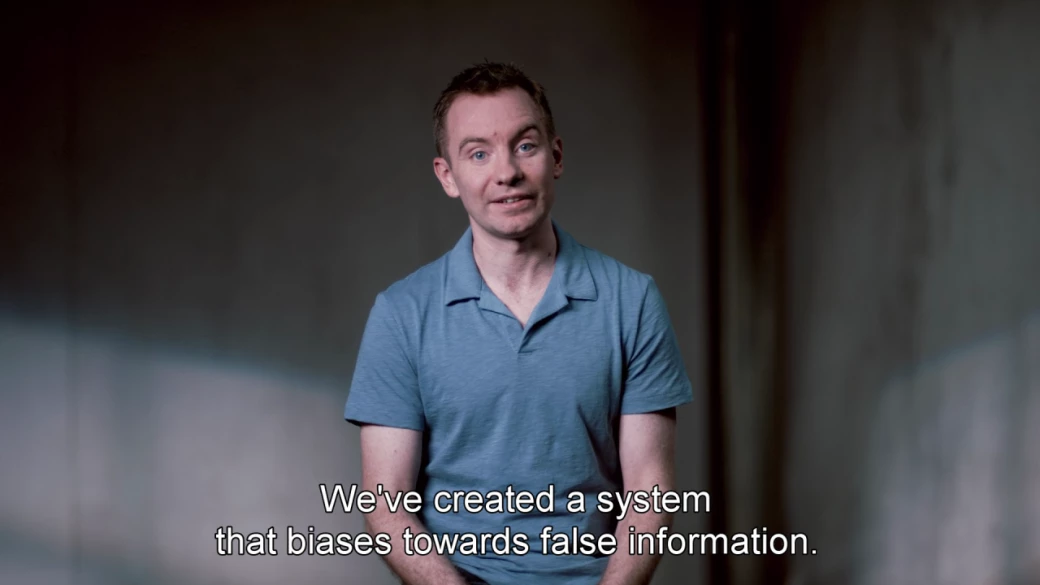
YouTube, Facebook, and Instagram (among others) utilize algorithms to suggest content that is specifically tailored to you so that you'll stay on their app longer. The dopamine rush that happens in our brains when people like our social media posts aside, misinformation is intentionally disseminated through social media and once you watch it once, you see it again and again and again, reinforcing either previously held biases or convincing you that it's true simply because you're seeing it all over the place.
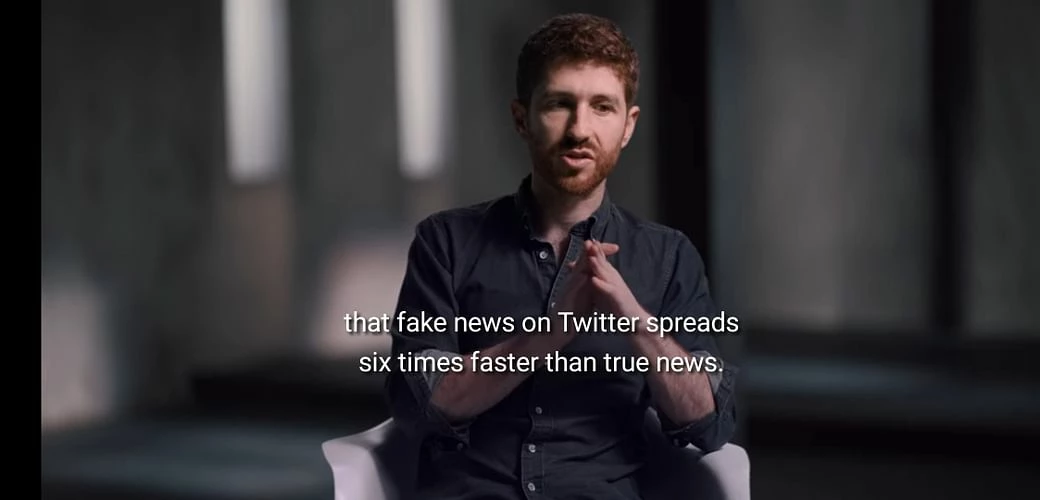
This is obviously not only unhealthy, it's a dangerous battle for your soul. The polarization that we are seeing in our world today is due, in large part, to a handful of multi-billion dollar social media companies vying for your attention, clicks, and striving to make you addicted so they gain more ad revenue. The price? Your time, your mental health, your ability to empathize with those who think and are different from you, and the wisdom to know what's true, right and good.
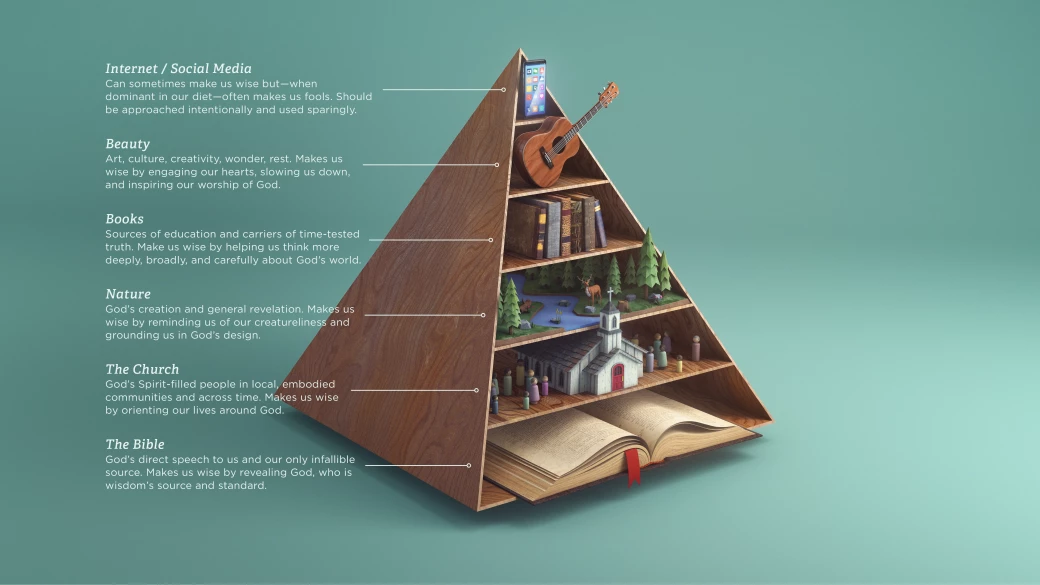
I recently released a podcast episode with Brett McCracken about his forthcoming book, The Wisdom Pyramid (February, 2021). As you can see from the graphic above, the sources of Christian wisdom — and discipleship in general — are flipped for the vast majority of us. With social media and the internet being our primary source of input, trading the wisdom that comes from God for mere information and worse, misinformation. The wisdom we so desperately need, as McCracken shows, is readily available to us in God's Word, Christian community, nature, good books, and beauty (art, culture, creativity, wonder, rest).
The source of so much of our sickness today is that we've flipped the wisdom pyramid on its head
The source of so much of our sickness today is that we've flipped the wisdom pyramid (and the food pyramid for that matter) on its head. And we're suffering the dire consequences in our minds, bodies, souls, families, communities, and world.
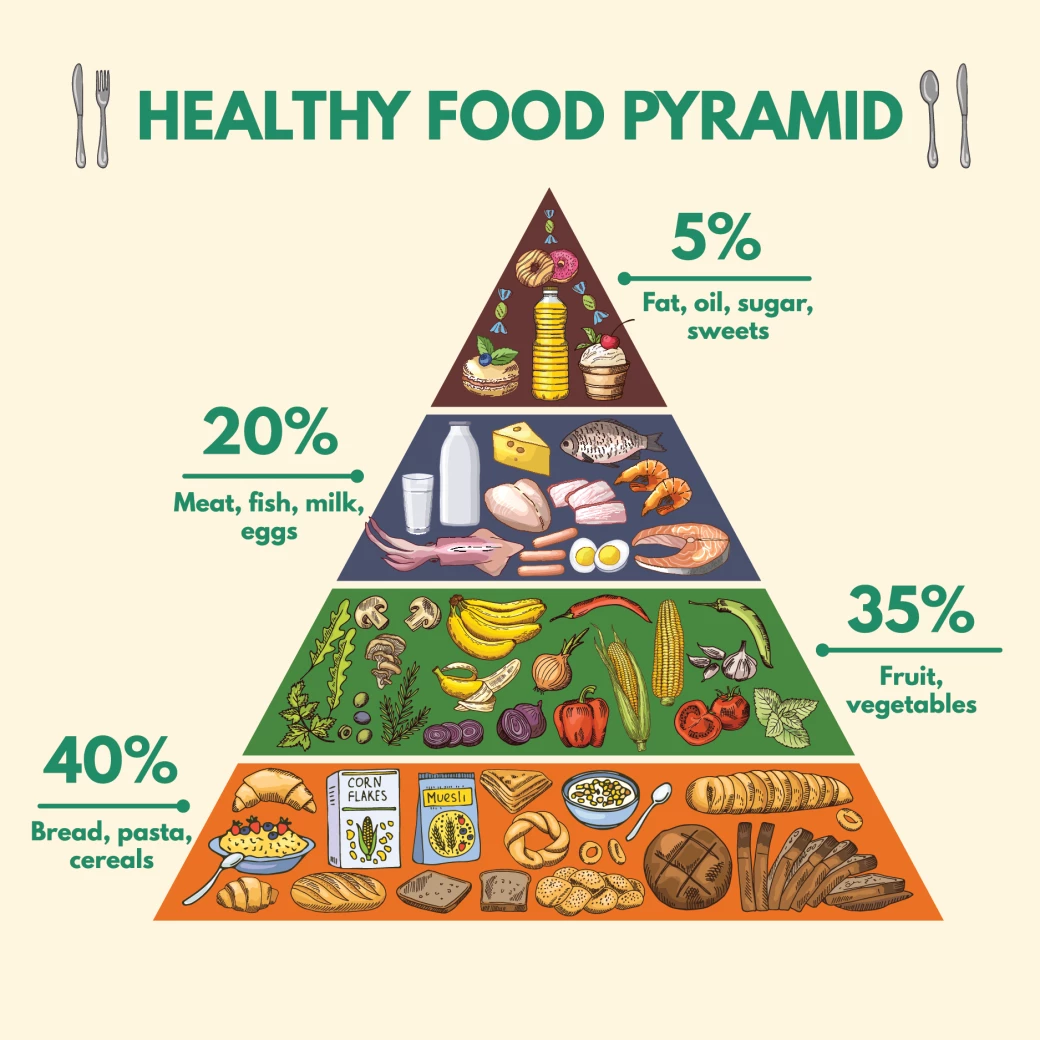
Yes, I'm raising the alarm. Yes, I am gravely concerned about the battle for the souls in our churches today. Yes, I believe what we give the majority of our attention to will ultimately disciple us, whether that's Jesus in His Word and in Christian community, real or fake news, the political left or right, or endless hours of TikToks, YouTubers and Instagram influencers.
What we give the majority of our attention to will ultimately disciple us
I would like to advocate for two things:
1. Practical safeguards and rules around social media, internet, and screens in general (see below for practical advice).
2. A healthy wisdom pyramid diet. Make discipleship to Jesus the focus of your life and the sources of godly wisdom your priority (see wisdom pyramid above for sources of godly wisdom). Jesus died for you. Social media is killing you.
Make discipleship to Jesus the focus of your life and the sources of godly wisdom your priority. Jesus died for you. Social media is killing you.
But it's not all doom and gloom. For those in Christ it never is. Like changing our food diet we can make a concerted effort to change our wisdom diet. To be a disciple is literally to be a learner, not a master. We're pilgrims on the way, not nobles who have already arrived. As I stated earlier, my intent is to identify some precarious dangers and invite you to pivot toward a healthier, more Christ-exalting, disciple-making pattern of life.
Create some practical safeguards around screens.
And make discipleship to Jesus the glorious focus of your life.
At the end of The Social Dilemma, a docu-drama on Netflix, many of those interviewed (most of whom are ex-social media company executives) give some practical advice. I would like to offer it here (I give some practical advice in The Following Jesus In The Digital Age article linked below as well):
- "I've uninstalled tons of apps from my phone that I felt were just wasting my time. All the social media apps, all the news apps, and I've turned off notifications on anything that was vibrating my leg with information that wasn't timely and important to me right now. It's for the same reason I don't keep cookies in my pocket."
- "Reduce the number of notifications you get"
- "Turn off notifications"
- "Never accept a video recommendation to you on YouTube. Always choose."
- "There are tons of Chrome extensions that remove recommendations"
- "Before you share, fact-check, consider the source... If it seems like it's something designed to really push your emotional buttons, it probably is"
- "Essentially, you vote with your clicks. If you click on clickbait, you're creating a financial incentive that perpetuates this existing system"
- "Make sure that you get lots of different kinds of information in your own life. I follow people on Twitter that I disagree with because I want to be exposed to different points of view"
- "Notice that many people in the tech industry don't give these devices to their own children."
- "My kids don't use social media at all. That's a rule"
- "We don't let our kids have really any screen time"
- "I've worked out what I think are three simple rules that make life a lot easier for families and that are justified by the research.
So, the first rule is all devices are out of the bedroom at a fixed time every night... eg. half an hour before bedtime, all devices out.
The second rule is no social media until high school. Personally, I think the age should be 16. Middle school's hard enough. Keep it out until high school.
And the third rule is work out a time budget with your kid. And if you talk with them and say, "Well, how many hours a day do you wanna spend on your device? they'll often say something pretty reasonable" - "Just getting a few people to delete their accounts matters a lot...because I want there to be enough people out in the society who are free...to have a societal conversation that isn't bounded by the manipulation engines. So, do it! Get out of the system"
LINKS TO FURTHER STUDY
The Deep Thoughts Podcast (Brett McCracken interview on The Wisdom Pyramid)
The Social Dilemma (Netflix)
The Wisdom Pyramid (Brett McCracken)
The Tech-Wise Family (Andy Crouch - for adults/parents)
My Tech-Wise Life (Amy Crouch & Andy Crouch - for teens/tweens)


